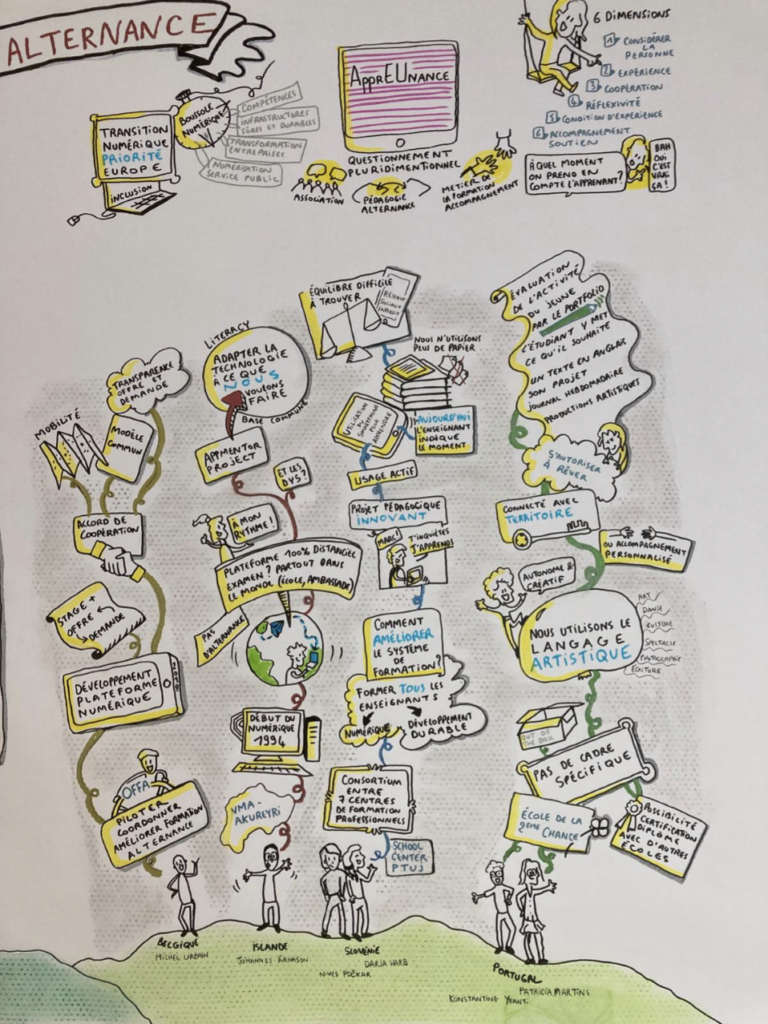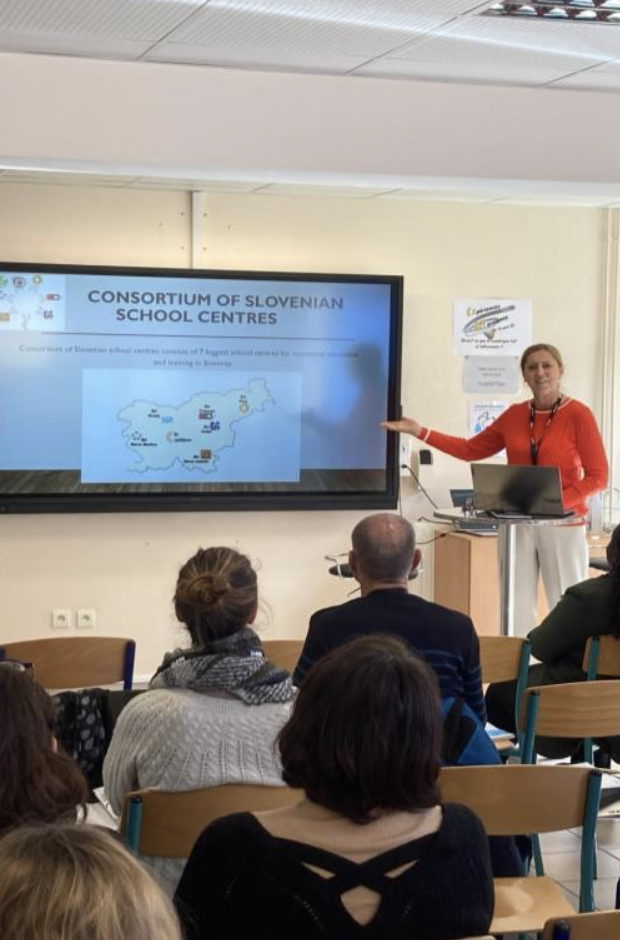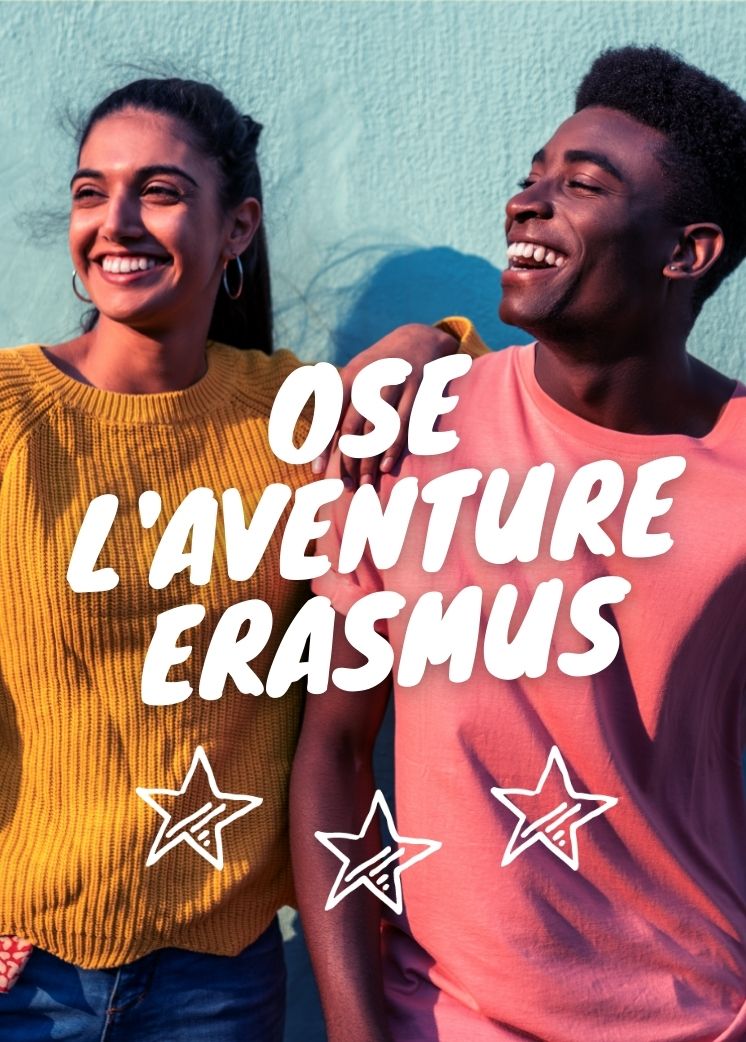What integrative work-study does to “Learning”.
What digital does to work-study: 2 themes for a training session.
From April 10 to 14, the European partners met at the CNP-R des MFR, in Chaingy (45) for the 3rd training session planned for the “ApprEUnance” program.
The objectives of this session were to present the pedagogy of MFR and in particular the concept of integrative work-study, which is not well known in the rest of Europe, and to focus on digital practices in work-study training.
These 2 themes are to be related to the concept of Apprenance worked in this program.
What integrative work-study does to “learning”:
It is through the prism of MFR, via interventions and visits (MFR, CNP-R), that integrative alternation was presented.
Thus, the connection that is made between the socio-professional environment (and not only professional) and the training center, by involving the learner in his learning project (degree of "concern") is one of the discriminators of integrative alternation .
This conception of experiential learning naturally ensures a rapprochement with the logic of “learning”.
Indeed, since "Learning describes a set of dispositions, in the individual learner, cognitive and conative, favorable to the act of learning, in all formal or informal situations, in an experiential or didactic way, self-directed or not, intentional or fortuitous”. (“Learning, a new relationship to knowledge” – Ph.Carré – p.108), the link that can be made with work-study pedagogy is completely operational.
What digital does to alternation:
It is through participation in the "Ex-alt" days on the place of digital technology in work-study training, organized by the CNP-R, that the bridges with the concept of "learning" have been able to continue and grow. .
Indeed, through the interventions and exchanges of practices from France and Europe (the European partners presented experiences related to digital technology), the potential offered by digital technology to increase the opportunities to link experience time , relationship and training proved to be obvious.

Thus, if the alternation can be considered as a multimodal training (socio-professional environment/school), the digital amplifies this phenomenon of hybridization by synchronous and asynchronous learning times.
In the end, this session will have made it possible to position integrative work-study as an engineering “Learning” for the work-study students (and also the training partners) and to place digital technology as an accelerator of this “learning”.



